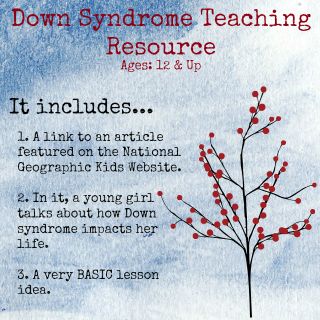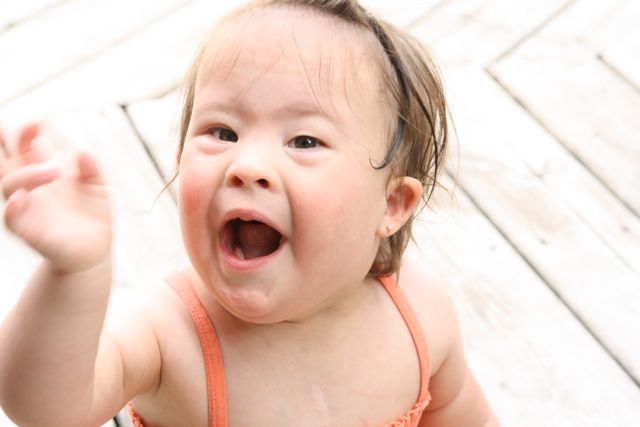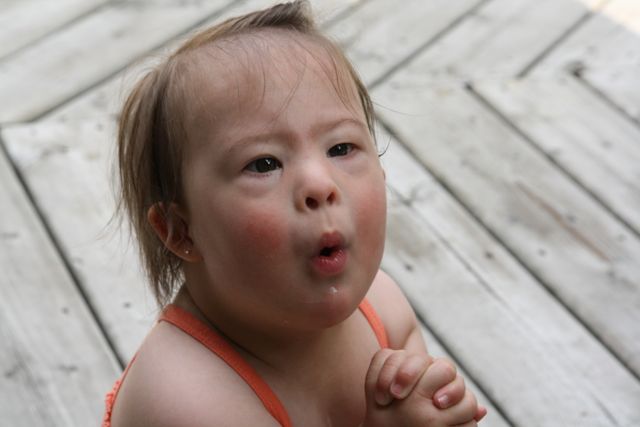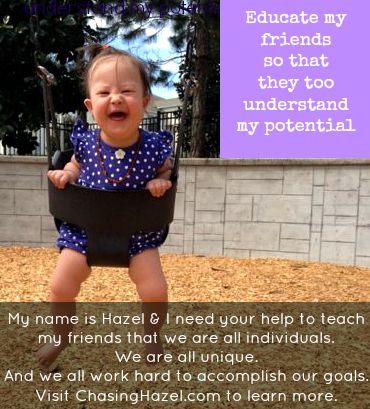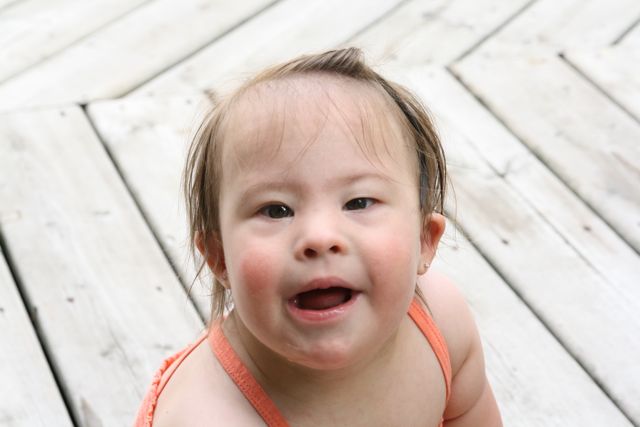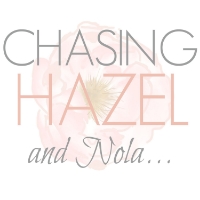"The Disability is Not a Limitation"
/
Included is a short video of a young man, Eli and his father, Justin, sharing their experience climbing to the first base camp of Mount Everest.
How many of you have done that???
In this video Justin (Eli's father) talks about how there is nothing out of the realm of possibility when an individual has Down syndrome. In fact, while they were climbing, Eli's health was often better than all the others who were with them. Justin says, "that [they] were the ones feeling [their] own sense of disability" and Justin was often times leading the group on the climb.
Here is Justin's message:
"For anyone who has a child with a disability...or for the rest of the culture...to understand the disability is NOT a limitation and is not outside of the scope of God's goodness...the lives of those with disabilities have infinite worth and they can attempt great things...they can be used powerfully to impact their culture and impact the world"
God's goodness indeed!!! Well said!!!
Watch the video. Show it to your students and children. Help Justin share his message with everyone.
****************************************************************************************
Lesson Idea:
Again just a thought, teachers feel free to share ideas with us about how you incorporated this video into your lesson and/or classroom. I would love to hear!!!
Teachers could use Eli's story as a model for students in the classroom. His story could be used to provide students with a example of something exceptional that a person with a disability has accomplished.
Ages: 13 & up (Grade 8 to grade 12)
Introduction:
- Have a short mini lesson on some common (but accurate) characteristics of individuals with Down syndrome. For accurate information click here, here and here. Show the students what is expected of them for the assignment.
- Show Eli's video to the class
- Have the students in groups or individually go out and research other people that have accomplished unthinkable or exceptional goals who have a disability of any kind.
- The assignment could include a written portion
- The students could do a class presentation about the individual and their disability. This way the rest of the class would have the opportunity to be exposed to and learn about other individuals with disabilities and what each disability highlighted might entail.
Conclusion:
Students could do a self reflection of what they learned. How this assignment may have helped them to be empathetic toward individuals with disabilities? What was the most important lesson they gained from the assignment? Whether or not this assignment helped them to view individuals with disabilities differently?
****************************************************************************************
I hope this helps even so much as to provide you with just a few helpful links and a video to show your students.
Please let me know if you found this helpful or feel free to share your ideas with us!!!

